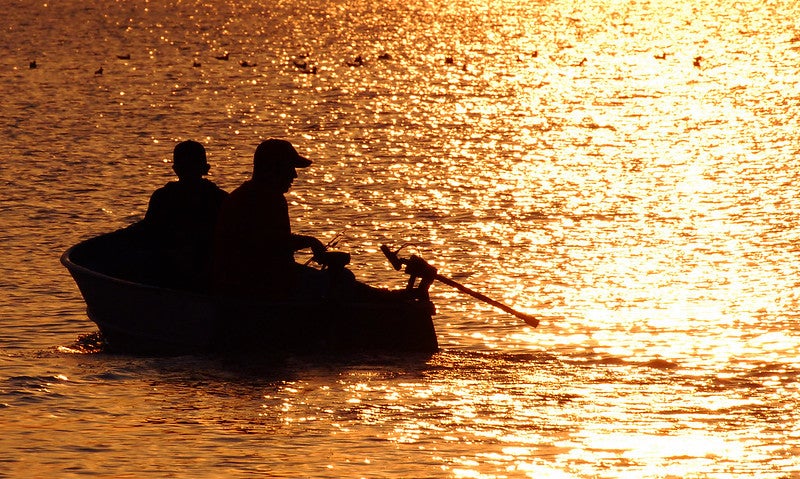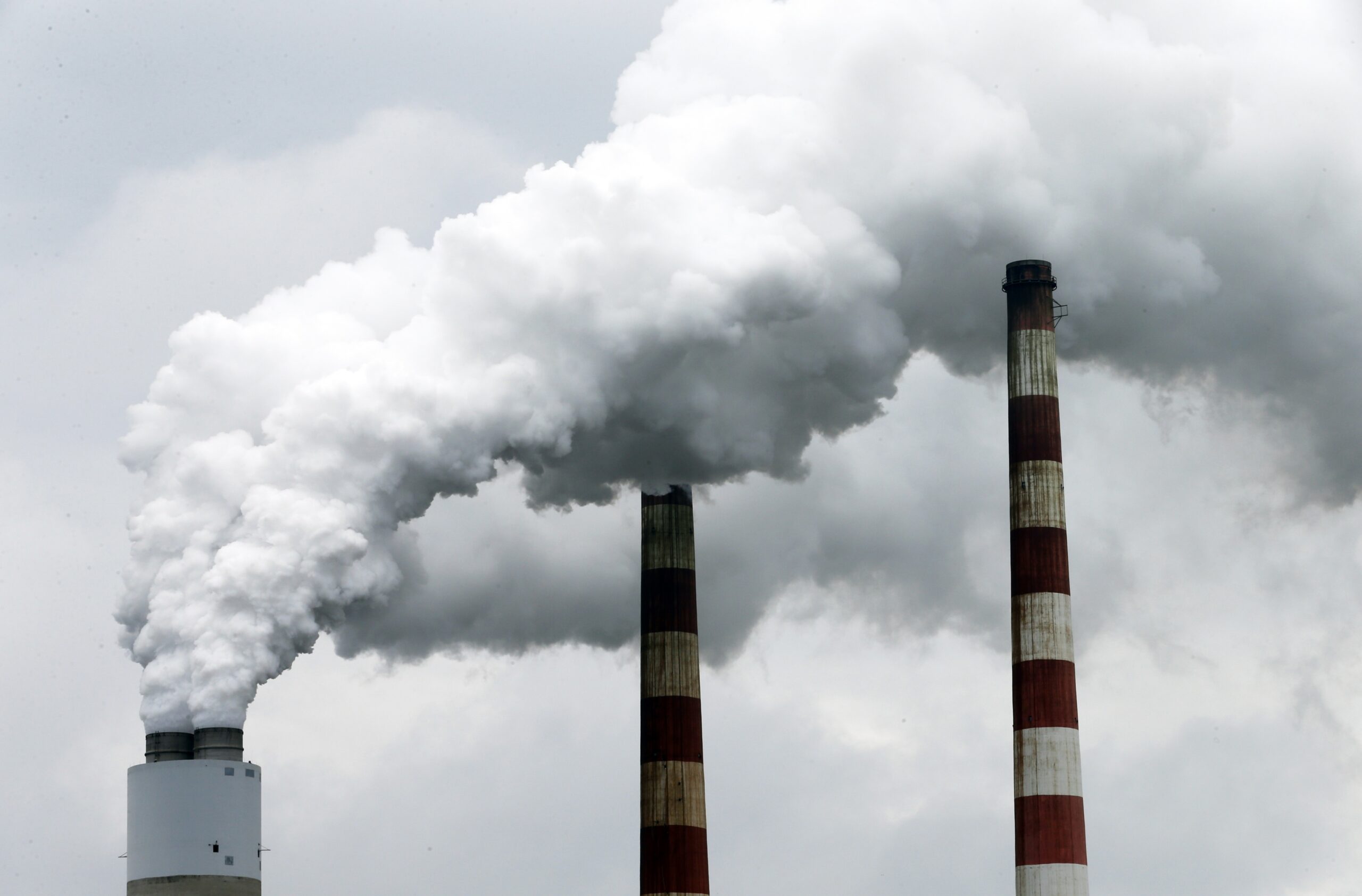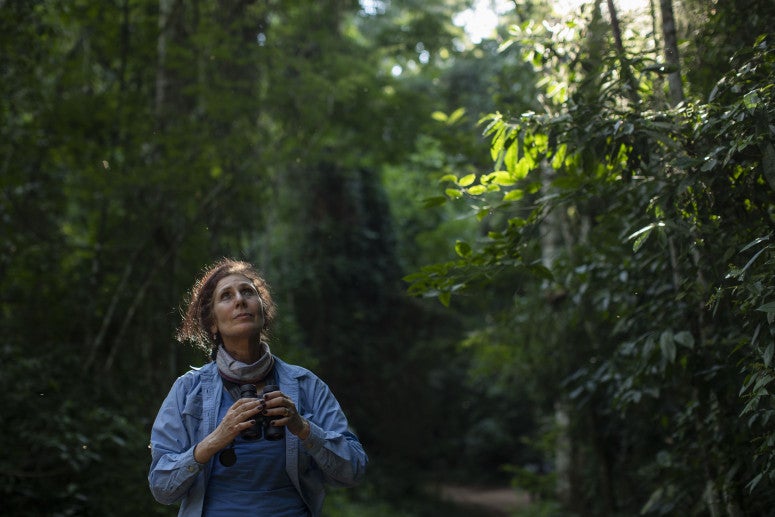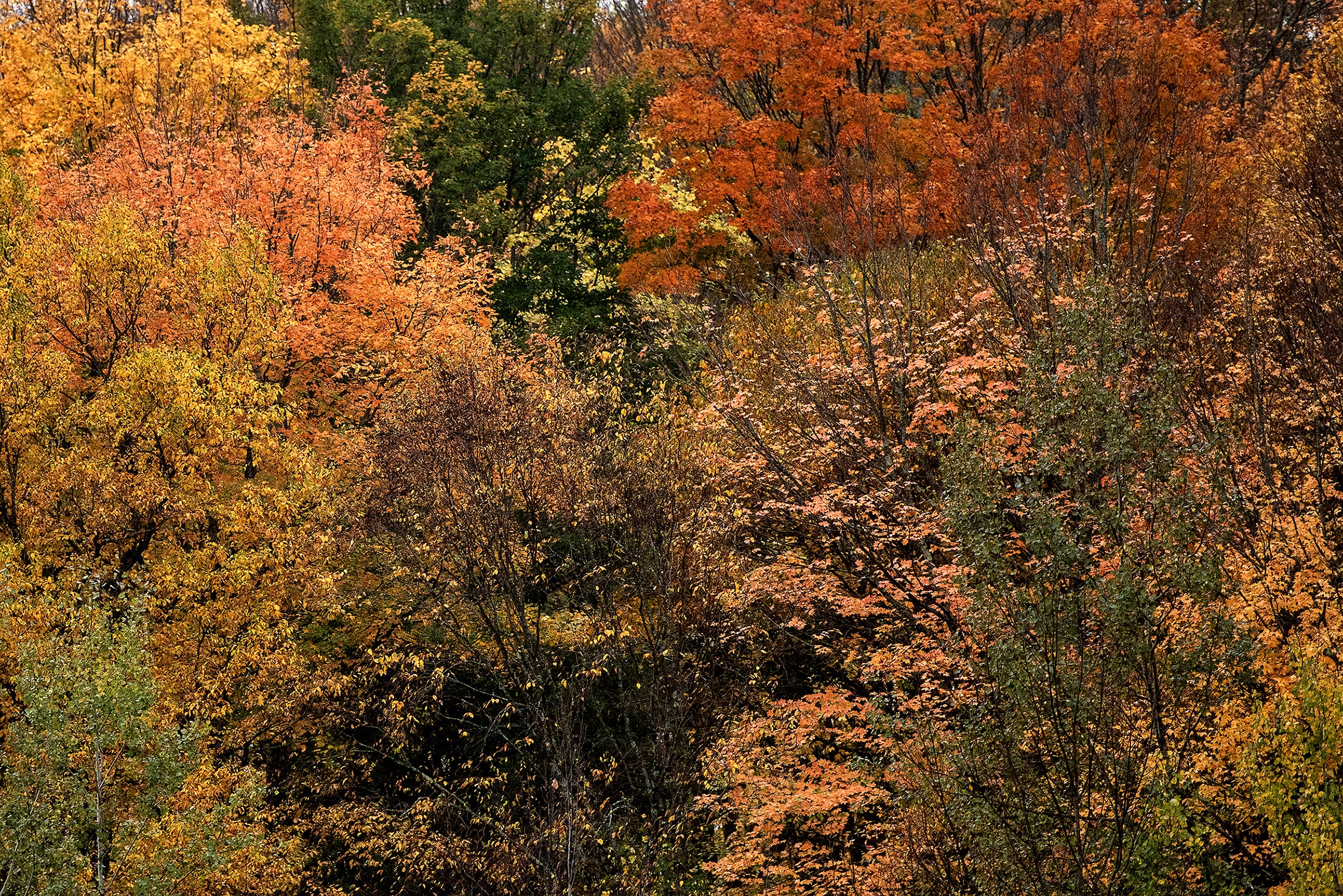A common songbird might suffer if the Midwest gets warmer.
The Acadian flycatcher, recognizable by it’s distinctive two-note call, is found in the lower-two thirds of Wisconsin and nearby states in what is known as the Central Hardwoods, a region made up of oak and hickory trees.
A new study from the U.S. Forest Service looked at three climate change scenarios ranging from mild to severe and found that by the end of the century, the bird could be quasi-extinct if temperatures rise. A warmer climate could cause predators like snakes to become more active and would also benefit the flycatcher’s rival, the brown-headed cowbird, according to researchers. Cowbirds can take over flycatchers’ nests replacing the flycathers’ eggs with their own.
Stay informed on the latest news
Sign up for WPR’s email newsletter.
Current estimates are that the Acadian flycatcher population has been growing in the Central Hardwoods region by 1 percent each year despite forests becoming smaller due to development and agriculture. But the study says effects of climate change could overwhelm that trend.
“We found that in the case of songbirds like the Acadian flycatcher, warming temperatures resulted in fewer young produced each season due to increased nest predation. And that was substantial enough that it could even drive population decline,” said Frank Thompson, a research biologist with the U.S. Department of Agriculture Forest Service Northern Research Station and one of the study’s authors.
Under a mild climate change scenario examined in the study, the risk to population becoming quasi-extinct — fewer than 10,000 birds — was only 9 percent. But a more severe climate change scenario increased that risk of quasi-extinction to 34 percent.
“One of the points of our study was that some of the largest uncertainty about what happens to flycatchers has to do with what climate scenario unfolds,” said lead author Thomas Bonnet of the University of Missouri-Columbia. “And so maybe addressing climate warming through emissions is one of the more direct approaches to conserving this species. At the same time there are other preservation tactics we can use for songbirds in general. Maybe we can find a way to increase reproduction or reduce mortality in other ways.””
Those who have studied climate change say the findings showing a potential drop in the number of Acadian flycatchers isn’t surprising.
“What they’re showing through some fairly sophisticated modeling is that the temperature increase over next 100 years will be fairly significant if we continue business as usual,” said Benjamin Zuckerberg, associate professor in the University of Wisconsin-Madison Department of Forest and Wildlife Ecology. “I think its concerning because this is a species we’d expect to be relatively resilient. But even a resilient and fairly widespread species is going to be impacted in this increasing temperature.”
The study’s authors say the songbird’s population won’t necessarily plummet even if temperatures rise.
“This shows under the most severe scenario quasi-extinction risk increases. But we want to be careful to qualify that. We’re assuming lots of other things don’t change over that time period,” said Thompson. “We focused just on climate. Lots of things interact. We can’t say with high confidence that if climate warms, we’ll actually see this happen to this population. The important point is that climate can potentially affect wildlife populations in various, complicated ways.”
The Acadian flycatcher is currently listed by the Wisconsin Department of Natural Resources as having a status of “threatened.”
Wisconsin Public Radio, © Copyright 2024, Board of Regents of the University of Wisconsin System and Wisconsin Educational Communications Board.






